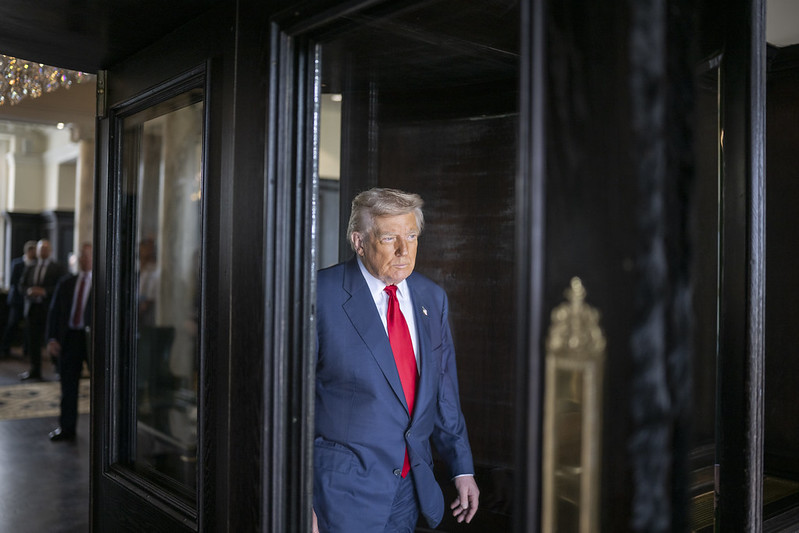Politics
Trump vs MTG: How the Epstein Files Shattered Washington’s Strongest Alliance
By CM Chaney · November 18, 2025


In a seismic political shift that threatens to reshape Republican party dynamics, President Donald Trump’s public denunciation of his once-staunchest ally has exposed a deeper battle raging in Washington. At its center: thousands of sealed Jeffrey Epstein documents that could implicate powerful figures across the political spectrum.
The fierce debate over their release has transformed from a simple transparency issue into a litmus test for political loyalty, with Congresswoman Marjorie Taylor Greene and other prominent Republicans breaking ranks with Trump in what observers call [according to ABC News] the most significant GOP rupture since January 6th. As a critical House vote looms, the question isn’t just about documents anymore—it’s about who controls the narrative of justice, accountability, and power in modern American politics.
What’s Actually in These Files?
Think of the Epstein files as a massive digital paper trail. We’re talking thousands of pages that Congress demanded from Epstein’s estate – everything from emails and flight logs to legal documents. These aren’t just any ordinary files; they potentially connect some very powerful people to Epstein’s trafficking activities according to recent Congressional hearings.
The really interesting part? Some lawmakers are pushing hard for these files to see daylight. They’ve even put together something called the Epstein Files Transparency Act (H.R. 4405), saying we need to know what’s in there while still protecting truly sensitive information.
A Republican Civil War?
Here’s where things get really spicy. President Trump just publicly went after one of his strongest supporters, Marjorie Taylor Greene, calling her a “ranting lunatic” – all because she wants these files released as reported by ABC News. Greene fired back with something pretty powerful, asking why anyone would fight so hard to keep these files secret.
Kentucky’s Thomas Massie, who’s leading the Republican charge for transparency, dropped what might be the quote of the year: “In 2030, he’s not going to be the president, and you will have voted to protect pedophiles if you don’t vote to release these files.” That’s the kind of statement that makes headlines.

Why This Matters to All of Us
Think about it: this isn’t just about political drama. It’s about whether we, as citizens, have the right to know what our government knows. Sure, there are privacy concerns – Trump’s team is pushing that angle hard. But when does privacy protection become a shield for potential wrongdoing?
Massie and his allies are betting big that the truth matters more than political loyalty. They’re predicting that over 100 Republicans might break ranks with Trump on this vote according to recent statements.
What Happens Next?
Even if the House says “yes” to releasing these files, we’re looking at an uphill battle. The Senate needs to agree, and then it needs the President’s signature – which seems about as likely as snow in July given Trump’s current stance.
The Bigger Picture
This whole situation perfectly captures America’s current political moment. We’re watching real-time as politicians wrestle with loyalty versus transparency, privacy versus public interest. The outcome could reshape political alliances and, more importantly, set precedents for how we handle similar situations in the future.
And here’s what makes this truly fascinating: it’s not just about Epstein anymore. This has evolved into a test case for how our democracy handles uncomfortable truths and whether we’re ready to face them, regardless of where they lead.
Will transparency win out over political protection? Will party loyalty trump public interest? These aren’t just academic questions anymore – they’re playing out right in front of us, and the answers could reshape American politics for years to come.